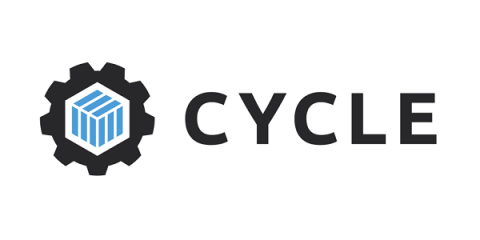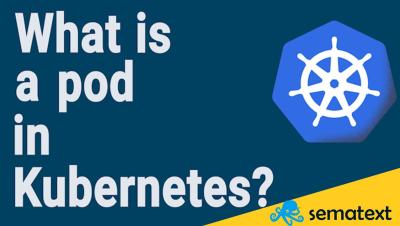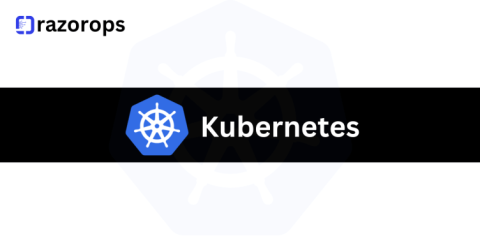Operations | Monitoring | ITSM | DevOps | Cloud
Containers
The latest News and Information on Containers, Kubernetes, Docker and related technologies.
7 Most Common Pitfalls When Choosing the Right Internal Developer Platform
Overcoming Inconsistent Environments with Cycle
Maintaining a consistent environment from development to production is one of those challenges that's always easier said than done. It used to be that a small hiccup—like a version mismatch or a misconfigured setting—could have you scrambling to figure out why everything worked perfectly on your local machine but started falling apart elsewhere.
Career Ownership: The Open Source Way by Nikita Koselev - Navigate Europe 23
What do we Expect from the Future of Wasm by Fermyon at KubeCon NA 23 - Civo TV
What is a Pod? Kubernetes for Beginners
The Future of Serverless is AI WebAssembly by Matt Butcher - Navigate Europe 23
Load testing on Kubernetes with k6 Private Load Zones (Grafana Office Hours #19)
OAuth 2.0 and OIDC Best Practices by Rajesh Muthusamy - Navigate Europe 23
K8s Exercise Labels and Annotations
Kubernetes, often abbreviated as K8s, has revolutionised the way we manage containerized applications. It provides a robust platform for orchestrating and managing containers at scale. One of the key features that sets Kubernetes apart is its powerful metadata system, which includes labels and annotations. In this blog post, we’ll take a comprehensive look at how labels and annotations work in Kubernetes and how you can leverage them to enhance the management of your applications.











